

With advancing age comes many complications and disorders. Cognitive dysfunction syndrome is one such condition that is directly related to the aging of a cat's brain; it ultimately leads to changes in awareness, deficits in learning and memory, and decreased responsiveness to stimuli. Although the initial symptoms of the disorder are mild, they gradually worsen over time, also known as “cognitive decline.”
Although the exact cause of cognitive dysfunction syndrome is currently unknown, genetic factors may predispose an animal to develop the condition.
You will need to give a thorough history of your cat’s health to your veterinarian, including the onset and nature of the symptoms and possible incidents that might have precipitated the unusual behaviors or complications. He or she will then perform a complete physical examination to evaluate the overall health status and cognitive functions of the cat. Routine blood tests, ultrasounds, and X-rays are also employed to rule out other diseases that may lead to behavioral changes associated with cognitive dysfunction syndrome.
Cats with this cognitive dysfunction syndrome require life-long therapy and support. However, your help can make a world of difference when it comes to improving your cat's cognitive functions. For example, although it will not “cure” your cat, maintaining a healthy and stimulating environment will help in slowing the progression of “cognitive decline.” This typically involves imposing a daily routine of exercise, play, and training.
In addition to medication and behavioral therapy, your veterinarian may suggest employing a special, balanced diet to improve the cat's cognitive function; i.e., memory, learning ability, etc. This diet is also typically supplemented with antioxidants, vitamin E and C, selenium, flavonoids, beta carotene, carotenoids, Omega-3, and carnitine -- all considered excellent for improving the cat's cognitive functions.
Your veterinarian will evaluate your cat periodically to monitor its response to therapy and the progression of symptoms. However, if you notice any behavioral changes in the cat, notify him or her immediately. For stable patients, twice yearly checkups are sufficient enough, unless new problems arise.
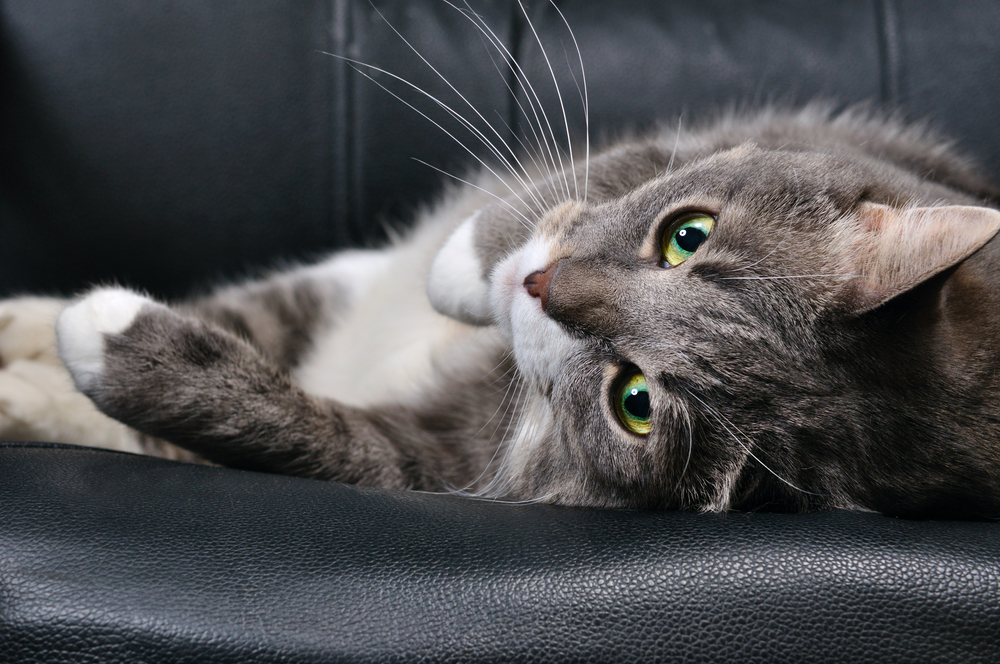 Side Effects of Medications for Anxiety in Cats
Serotonin Syndrome in Cats
Anxiety disorders are
Side Effects of Medications for Anxiety in Cats
Serotonin Syndrome in Cats
Anxiety disorders are
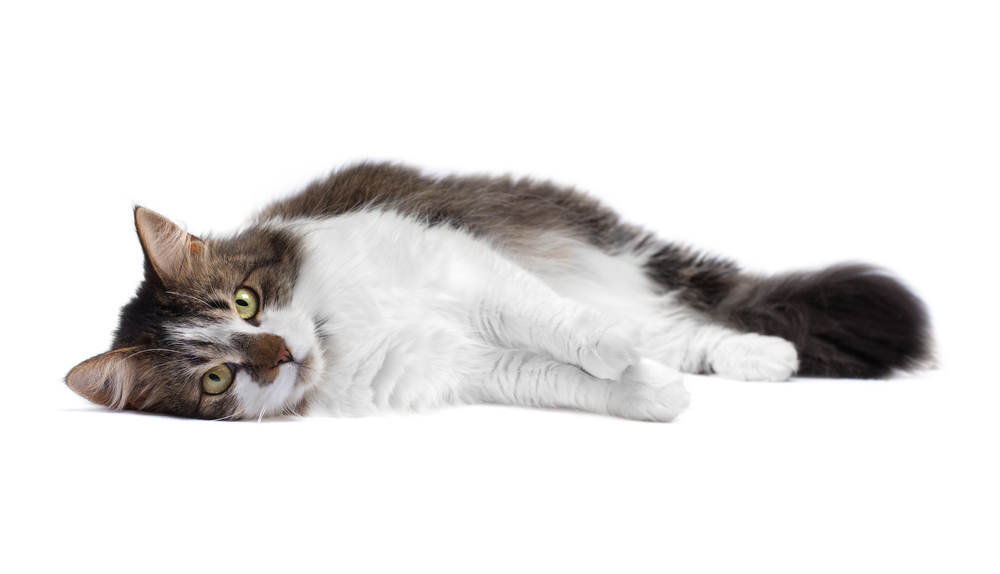 Advil Poisoning in Cats
Ibuprofen Toxicity in Cats
Ibuprofen is a non-ste
Advil Poisoning in Cats
Ibuprofen Toxicity in Cats
Ibuprofen is a non-ste
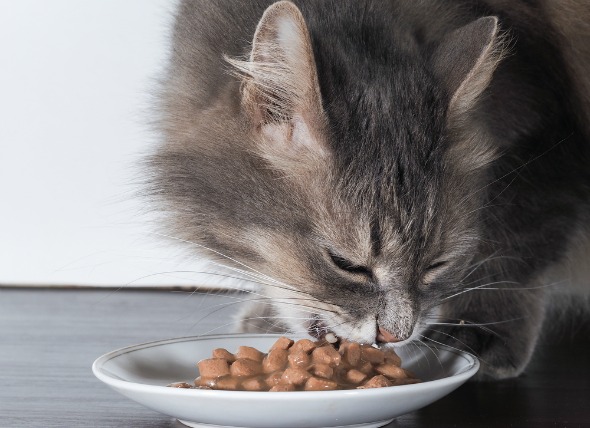 Low Blood Sugar in Cats
Hypoglycemia in Cats
The blood sugar, or glucose,
Low Blood Sugar in Cats
Hypoglycemia in Cats
The blood sugar, or glucose,
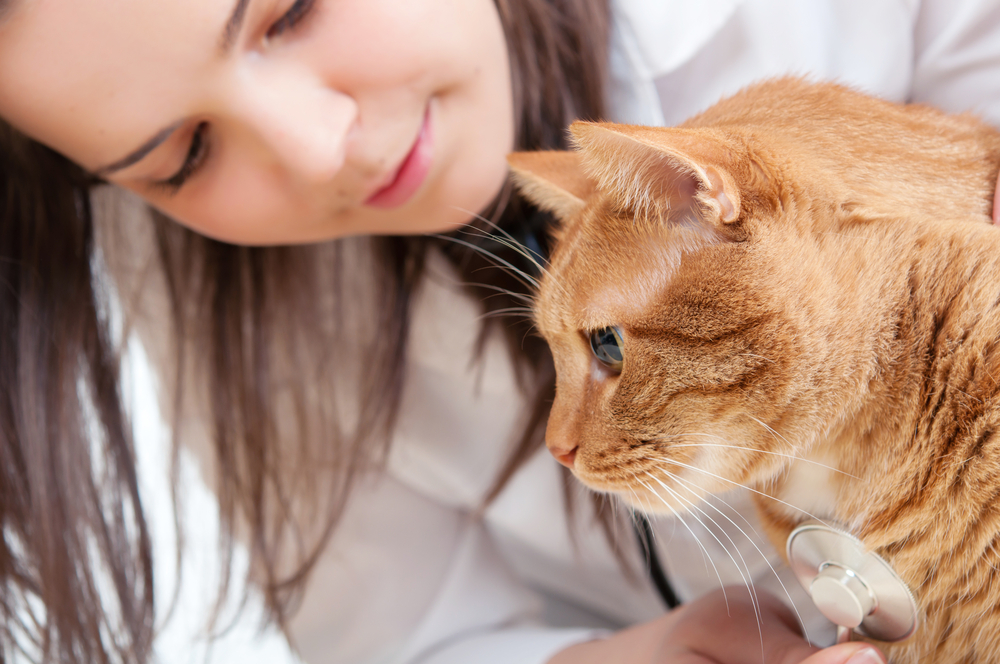 Lungworms in Cats
Parasitic Respiratory Infections in Cats
Lungworm
Lungworms in Cats
Parasitic Respiratory Infections in Cats
Lungworm
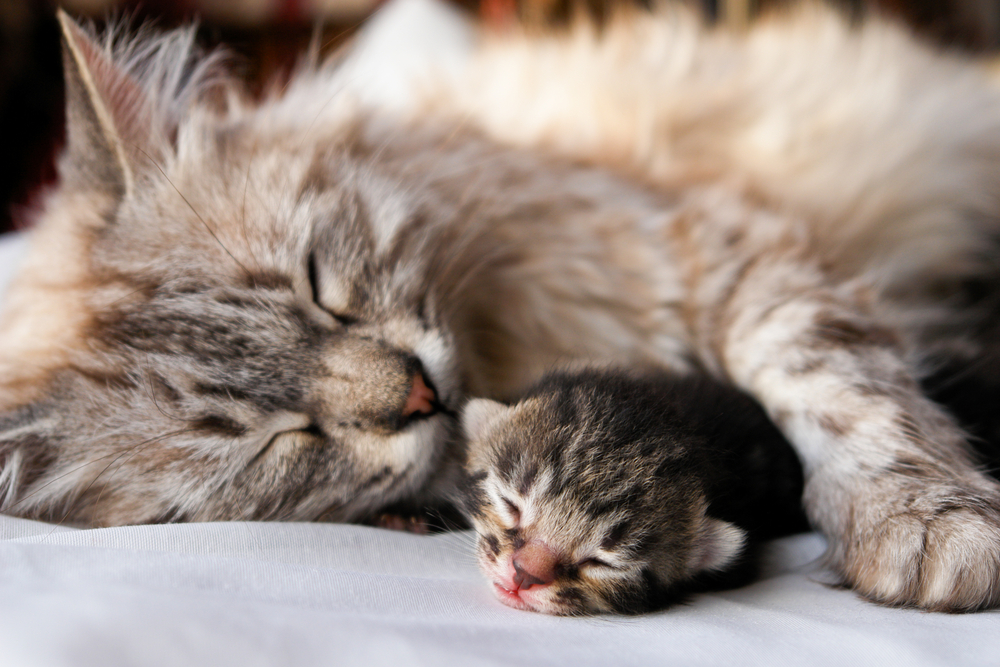 Birth Difficulties in Cats
Dystocia in Cats
A difficult experience is medica
Birth Difficulties in Cats
Dystocia in Cats
A difficult experience is medica
Copyright © 2005-2016 Pet Information All Rights Reserved
Contact us: www162date@outlook.com